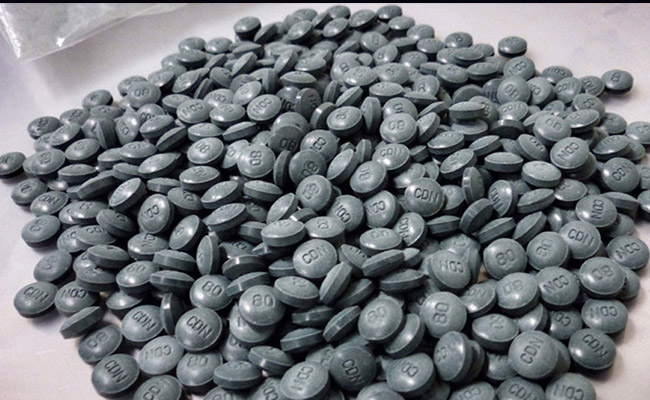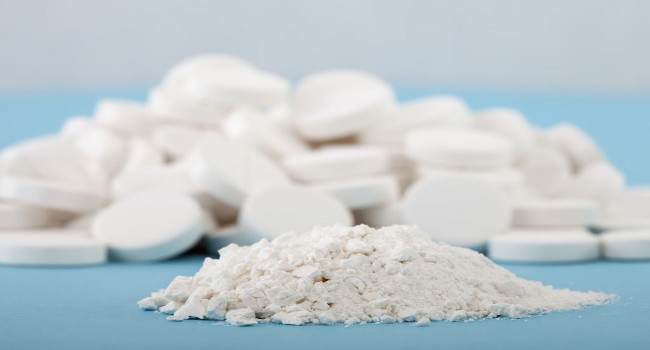Withdrawal from your substance of choice is not a pleasant experience, but it is something that must be experienced if you are to free yourself from addiction.
How difficult is drug withdrawal?
There is no straightforward set of answers to this one. It depends upon many factors that include:
- The type of substance a person is addicted to
- The length of time consistent use has been present
- The amount of the drug being used daily
- How rapidly this use is increasing
- The physical health of the person concerned
- The mental health of the person concerned
Symptoms to be expected during drug withdrawal:
Ceasing drug use after a sustained period means that the body will react in a negative fashion. These effects will be felt in many parts of the body, particularly the nervous and hormonal systems.
This is why those suddenly ceasing heavy drug use feel:
- Physical pain – aches and pains throughout the body are common.
- Blood pressure – Rises in blood pressure or unstable blood pressure levels will occur.
- Profuse sweating – A person will feel uncomfortably hot, even in rooms that are cool and well ventilated.
- Severe nausea – Feelings of sickness are often accompanied by the person being physically sick.
If you have decided to go through drug withdrawal without professional help then these are symptoms that must be recognized. If any of these symptoms, a rapidly increasing heartbeat or breathing problems occur then professional help must be sought immediately.
Detoxification should be considered:
This point is particularly relevant for those users that have a long-term history of abuse. Professionally monitored detox can help to ease symptoms and ensure that withdrawal does not cause life-threatening issues.
Detox offers a set of medically supervised interventions that help manage acute intoxication and withdrawal. A successful detox will help to clear the substance from a person’s body while minimizing any physical harm.
Unique plans but 3 constant elements:
Dependent upon which treatment centre a person chooses for detox will depend upon the exact type of procedures involved, but there are 3 major elements all establishments will address. These are:
- Evaluation: Your detox professional will test for drugs present in the user’s system. They should also establish any co-occurring physical or psychological conditions. This evaluation is important for withdrawal, but will also serve to define the type of treatment a user receives once withdrawal is complete.
- Stabilisation: This is the core of the detox procedure. It involves the user being assisted to help overcome the various withdrawal symptoms. This can be achieved either by intensive counselling or through the use of medical therapy and medication. Another key factor here is making it clear to the user what their role and responsibilities are during detox, ongoing treatment and recovery.
- On-going treatment: It needs to be made very clear that detox alone will not ensure a user remains drug free in the long-term. To achieve this recovery, they need to accept and embrace rehabilitation treatment. There are many different types of treatment available and decisions need to be made on which is most suitable for the individual.














